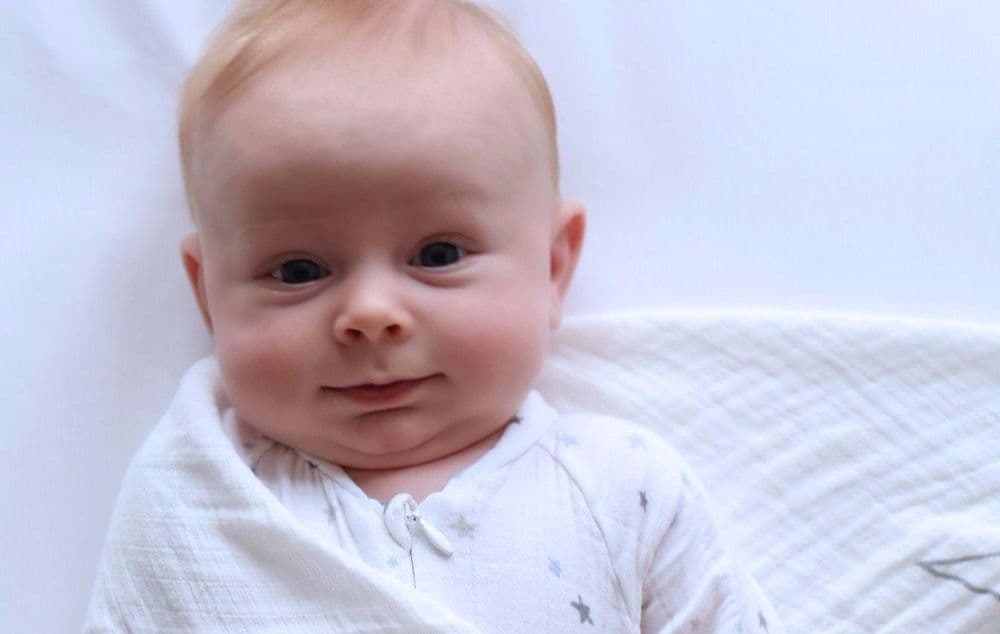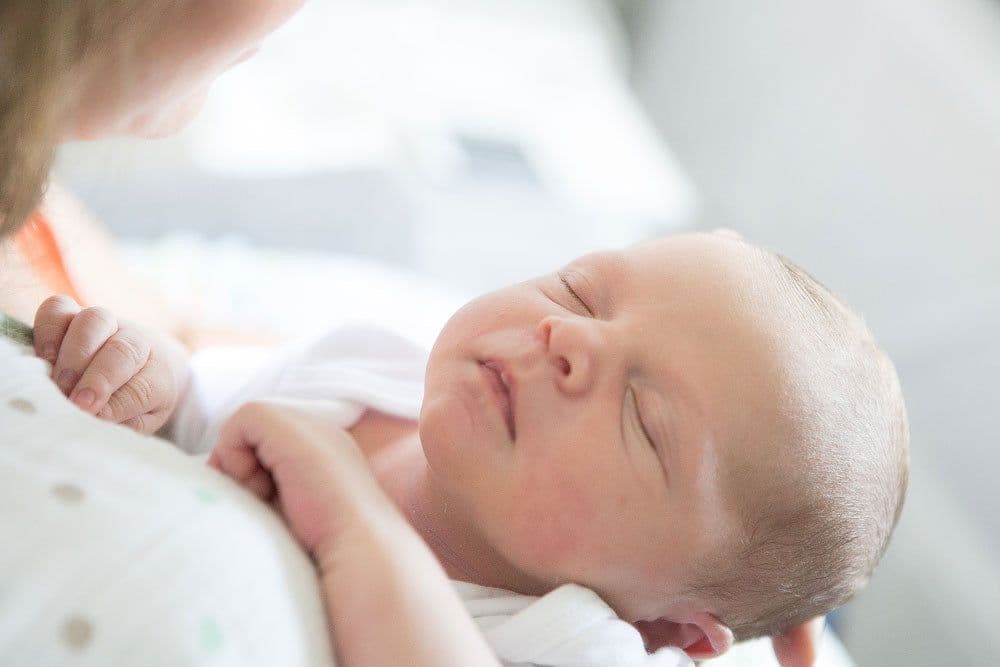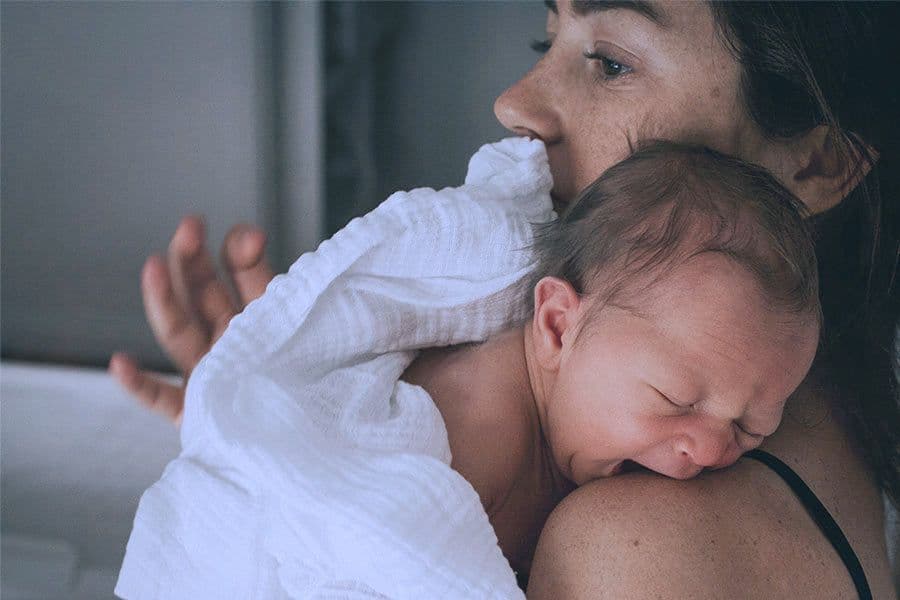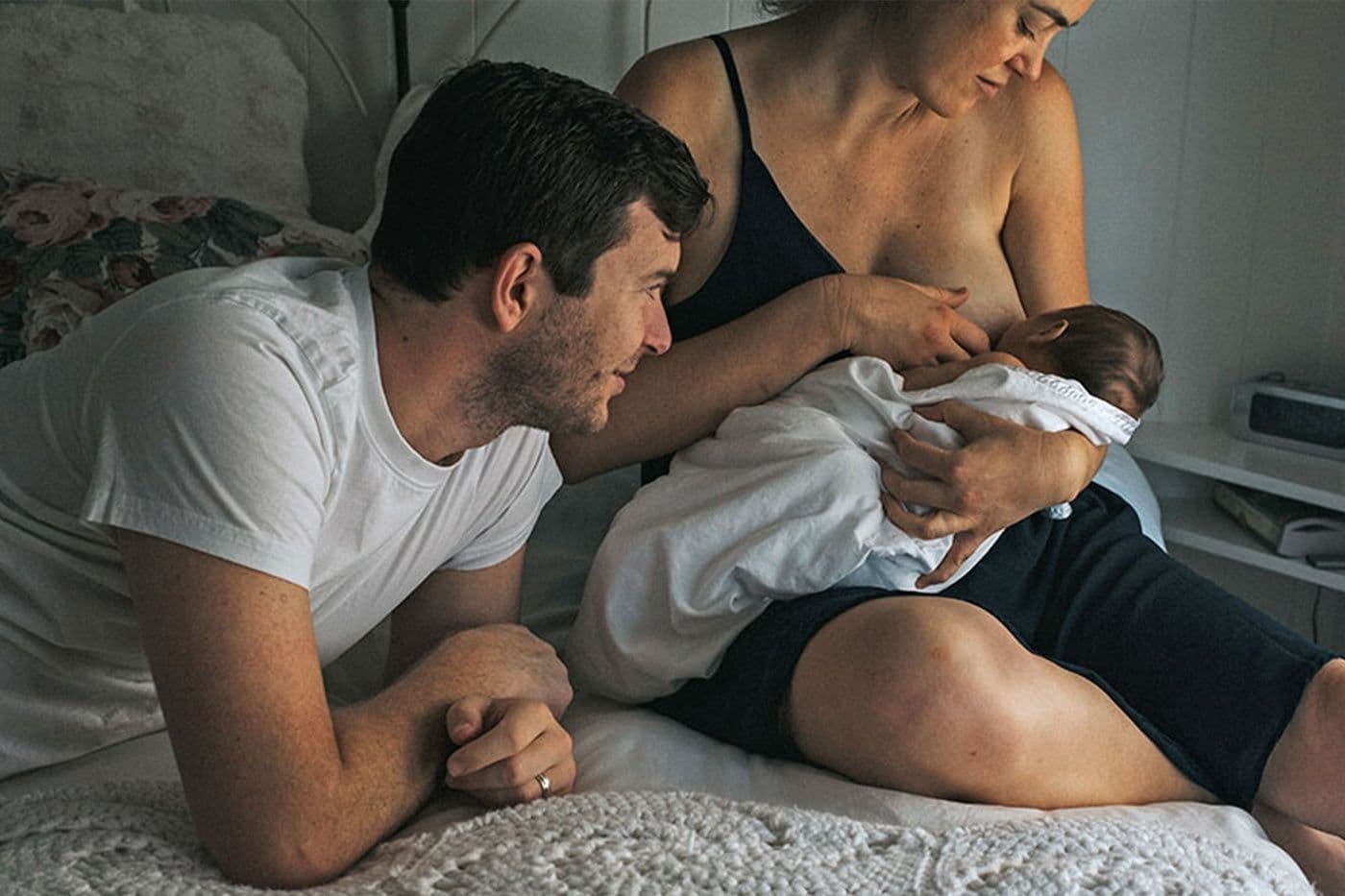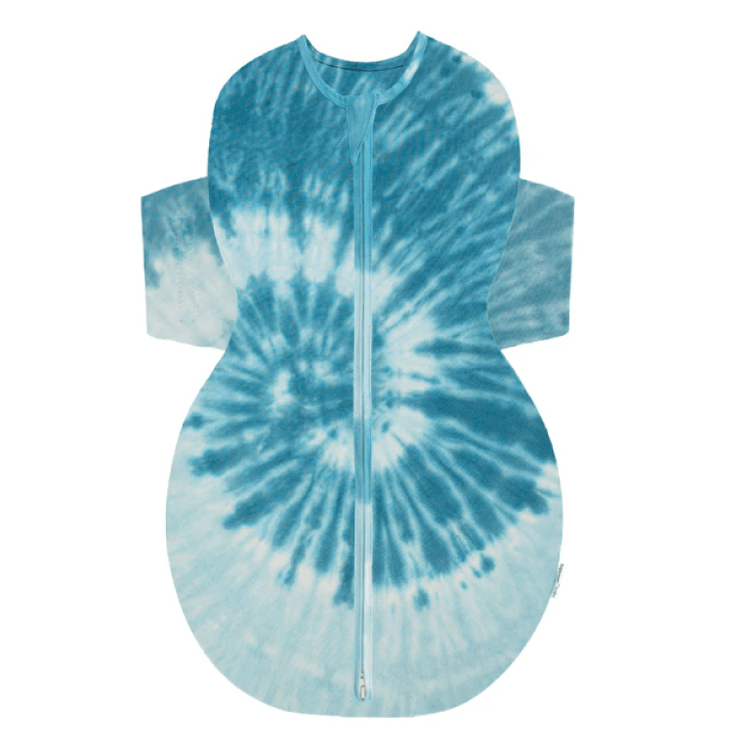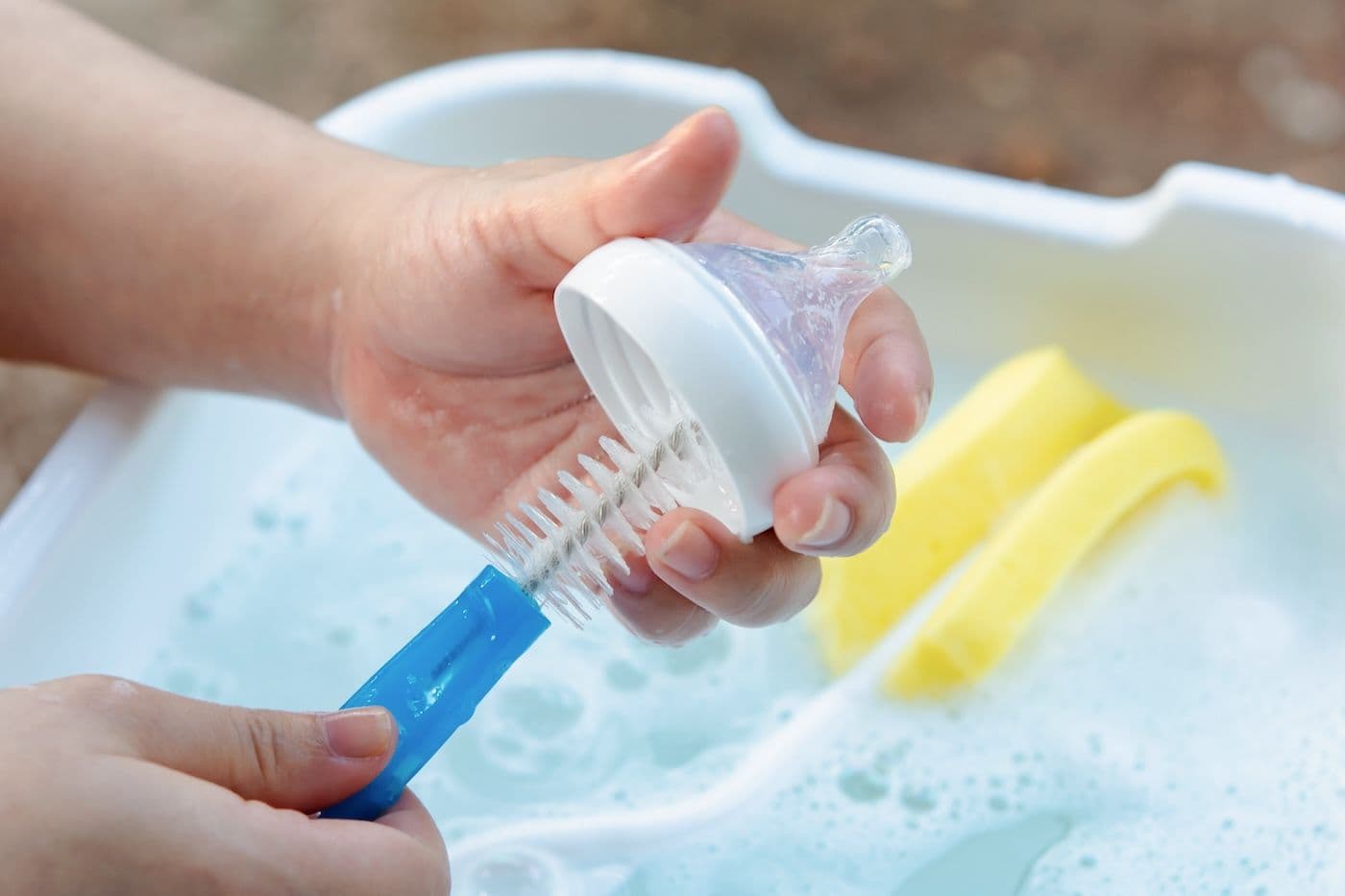BABY
Vitamin D for Babies—What's the Big Deal?
Vitamin D is an essential nutrient, but a newborn’s go-to food source doesn’t typically deliver a big enough dose of it. Here's what to know.
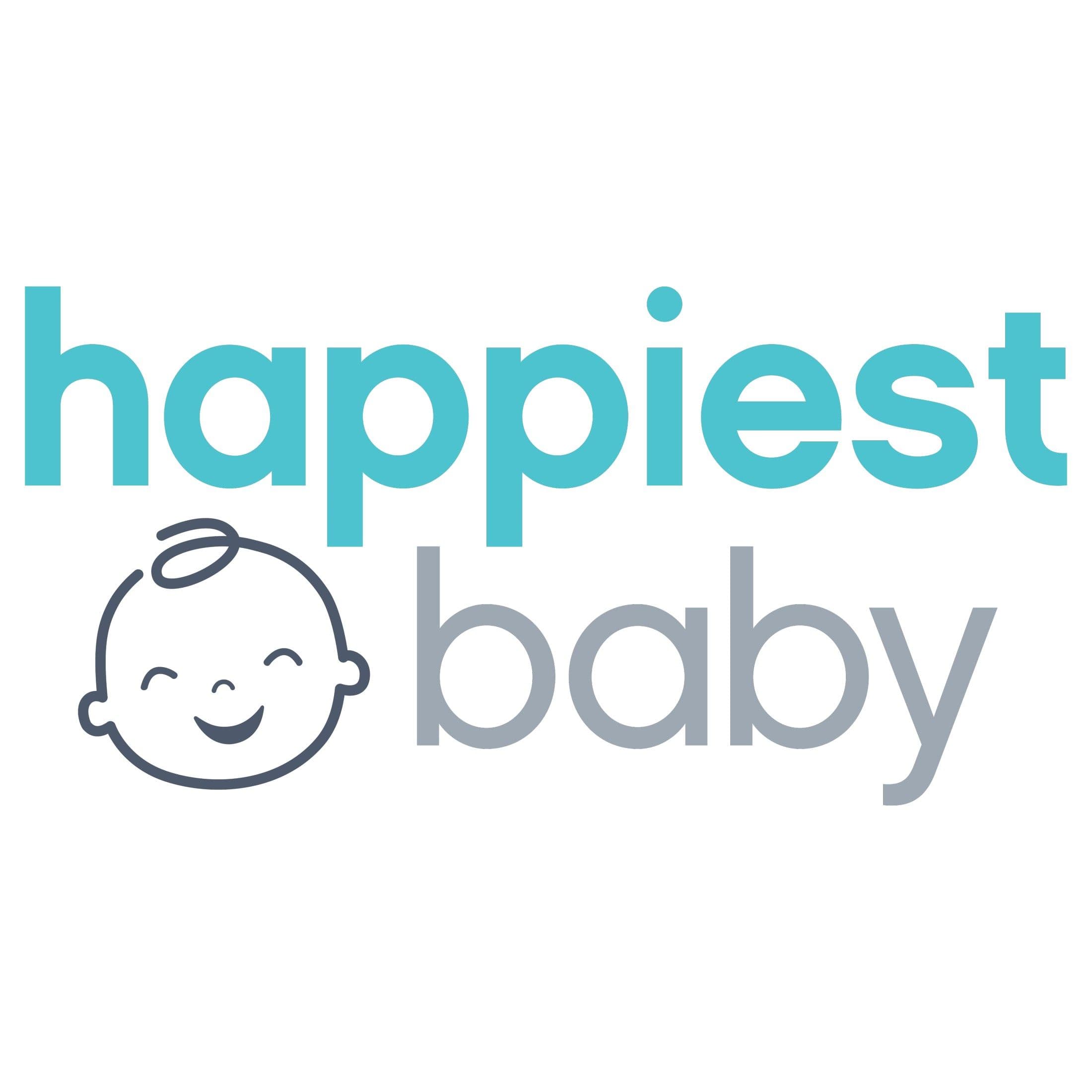
Written by
Happiest Baby Staff
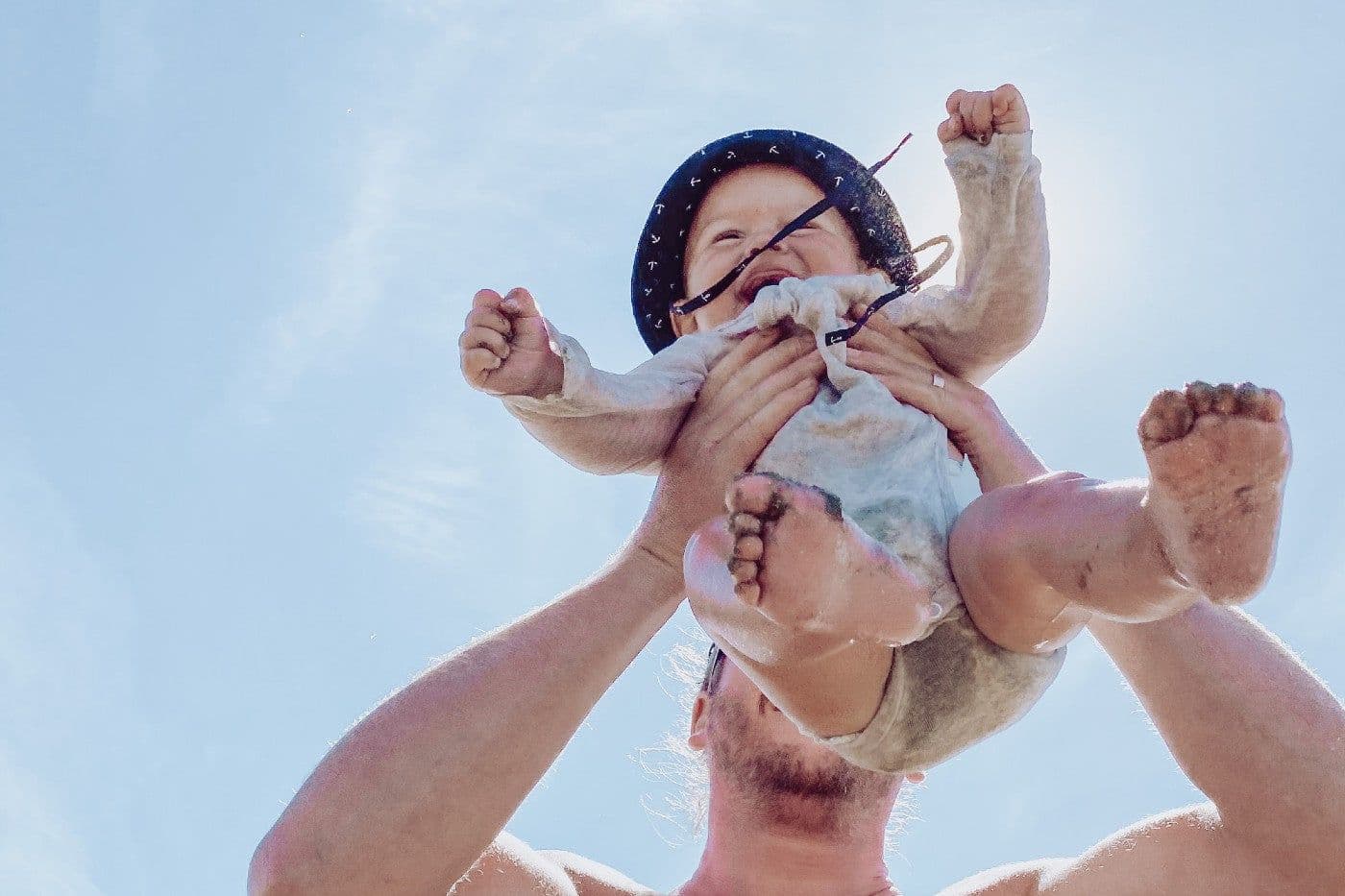
When it comes to vitamin D for babies, you could be convinced that the D stands for dilemma. Here’s the conundrum: Vitamin D is an essential nutrient for babies….problem is, a newborn’s go-to food source doesn’t typically deliver a big enough dose of the stuff. Even trickier, the best source of vitamin D (aka the sun) is off-limits for a baby’s delicate skin! So, what’s a parent to do? Let’s dive into vitamin D for babies: What is vitamin D, what are the best sources of vitamin D, and more.
Why do babies need vitamin D?
In the body, vitamin D helps to absorb other minerals such as calcium and phosphorus which are important for your baby’s growing bones. Your baby must get plenty of vitamin D to help prevent certain health conditions. Without adequate levels of vitamin D, they’re at risk for rickets, a condition that involves the bones becoming weak, and in some cases, deformed. Though uncommon, it’s possible…and it’s a serious ailment. Getting the right amount of vitamin D may also help to prevent some autoimmune conditions, certain infections, and even type 1 and 2 diabetes. The American Academy of Pediatrics changed its recommendations from 200 IU to 400 IU of daily vitamin D intake for babies up to age 1.
Why are babies at risk for a vitamin-D deficiency?
An estimated 12 to 24% of babies are vitamin-D deficient. While most adults can get vitamin D from the sun, it’s not safe to expose your sweet pea’s skin to the sun’s harsh rays. Because of this, babies can’t typically get their recommended vitamin D levels from natural sunlight, unlike adults.
Though, even for us grownups, certain conditions (long winter months, excessive air pollution, and lots of cloud cover) as well as sun protection (both clothing and sunscreen) hamper our ability to soak up vitamin D from the sun! That poses a challenge for babies who rely on breastmilk for their nutrients because parents who have low vitamin D levels aren’t able to pass on adequate amounts through milk. (Don’t feel guilty about this though—about a billion people in the world are vitamin-D deficient!) If you are breastfeeding, you might consider increasing your own levels of vitamin D. This can benefit your own overall health, but may also boost your levels in your milk.
Do babies need vitamin D supplements?
Not long after your baby is born, they’ll need a source of vitamin D. But breastmilk—despite having a bunch of benefits for baby—tends to be short on this nutrient. If your baby drinks formula produced in the United States, you don’t have to worry too much about your baby not getting enough vitamin D. These formulas, like cow’s milk, are fortified with vitamin D to help your baby get adequate amounts. However, tiny babies may not be able to consume the amount of formula that would provide their vitamin D nutritional needs. If your baby is exclusively nursing/exclusively drinking expressed milk or is taking in less than 32 ounces of formula daily, your pediatrician will most likely recommend a vitamin D supplement.
There are two forms of vitamin D: D2 (ergocalciferol) and D3 (cholecalciferol) D3 is the preferred form, as it’s easier to buy and absorbs better in the body. Often, your child’s healthcare provider might recommend a multivitamin that includes vitamin D. If you decide not to take this, you can opt for a supplement that only contains vitamin D. These typically are given by droppers that you can put directly into your baby’s mouth or add to a bottle of pumped breastmilk.
What foods are good sources of vitamin D?
Once your baby starts to eat solid foods, they can get enough vitamin D from different foods including:
- Whole fortified milk: It’s not recommended to give your baby cow’s milk before 1 year, but after their first birthday, whole cow’s milk is a good source of vitamin D for your 1-year-old tot.
- Other fortified foods, such as whole milk yogurt, cereal, and oatmeal
- Eggs
- Fish, such as canned light tuna or salmon
Can babies get too much vitamin D?
As with other vitamins, there’s always a small risk of overdoing it. You aren’t able to overdose on the sun’s source of vitamin D as your skin only makes so much. But you can give your baby too much through supplements. High doses of vitamin D can cause symptoms including:
- Vomiting
- Weakness
- Pain
- Refusal to eat
- Dehydration
- Kidney stones
Babies under 6 months old shouldn’t have more than 1,000 IU of vitamin D a day. Babies 7 to 12 months should keep their vitamin D intake under 1,500 IU a day.
As long as you follow the directions for dosing vitamin D and adhere to your provider’s recommendations, there’s no need to be concerned about your baby getting too much vitamin D. To be on the safe side, check with your pediatrician before starting any vitamin supplements for your baby.
If you’re nursing, talk to your doctor about how much vitamin D you can take to benefit you and your baby’s vitamin D levels at the same time. Some breastfeeding parents choose to supplement this way instead of offering their baby infant vitamin D. Together, you and your little one’s medical provider can determine what’s best for your family.
More on health and nutrition:
- The Best Foods to Eat While Breastfeeding
- The Most Nutritious Foods for Toddlers
- Your Baby's Feeding Schedule for the First Year
- Your Quick Start Guide to Homemade Baby Food
Disclaimer: The information on our site is NOT medical advice for any specific person or condition. It is only meant as general information. If you have any medical questions and concerns about your child or yourself, please contact your health provider.
SHARE THIS ARTICLE
MOST LOVED
Sleepytime Sidekicks

